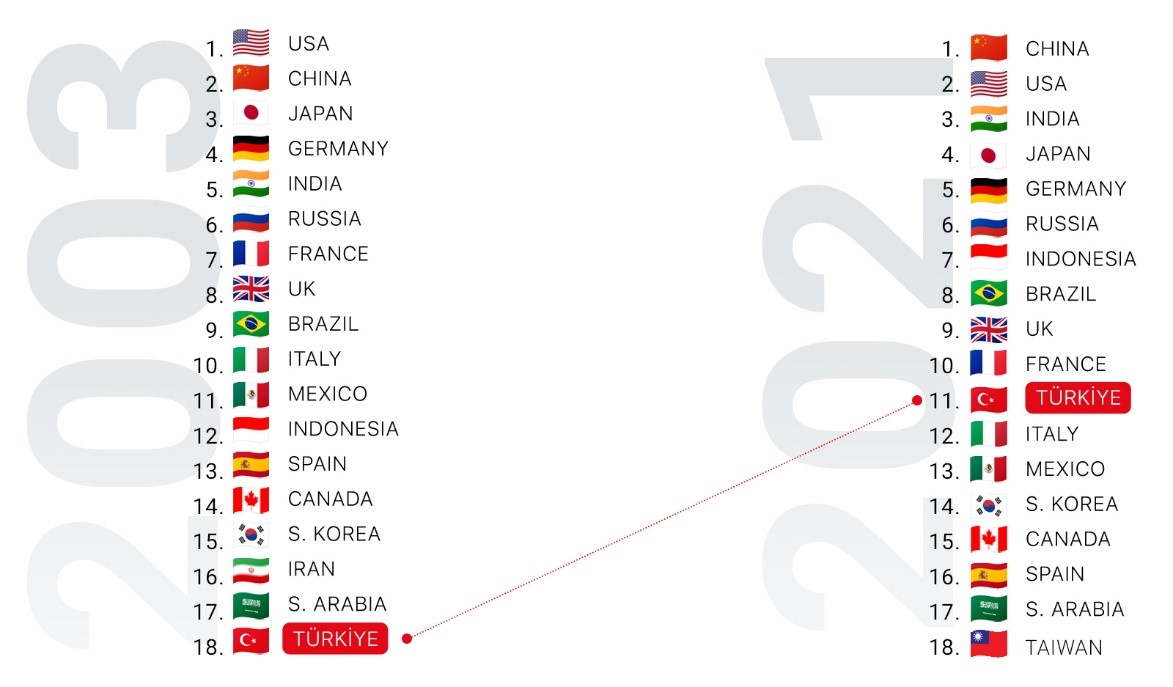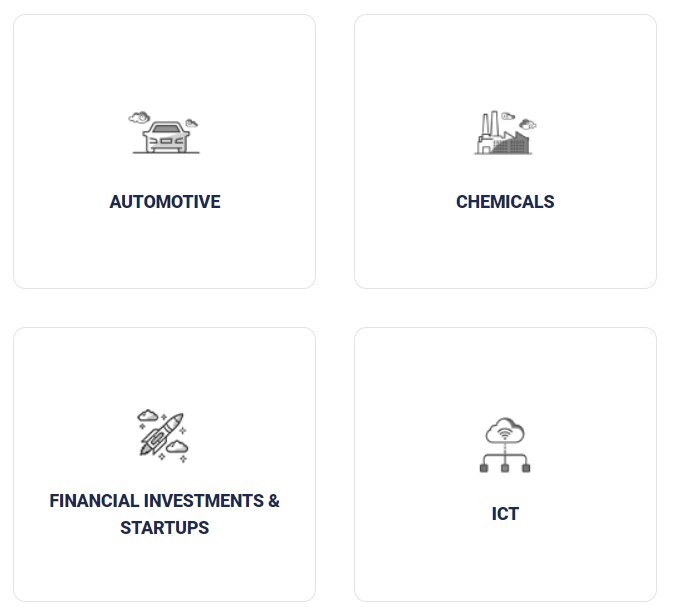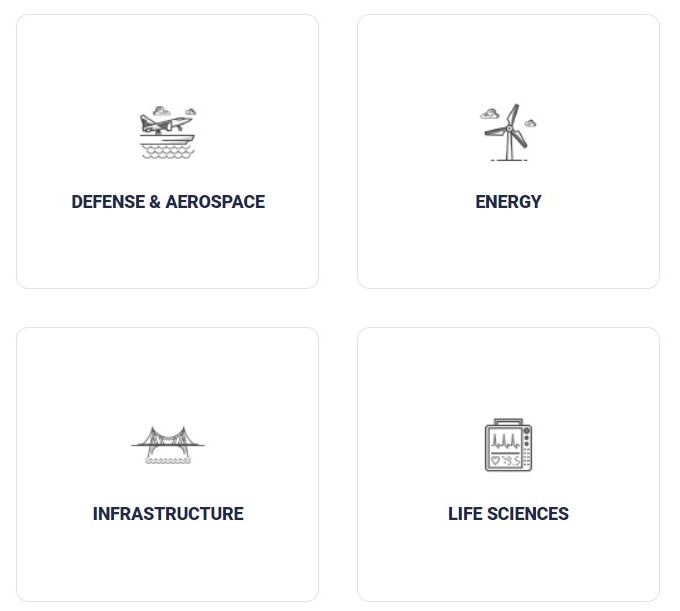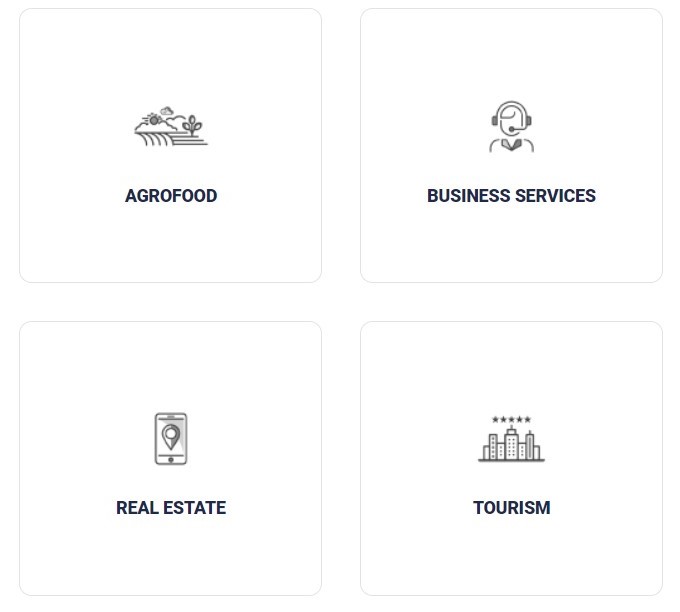WHY SHOULD YOU INVEST IN TURKEY?
ECONOMIC SITUATION
Politically, Turkey is a parliamentary republic with a presidential system. President Recep Tayyip Erdogan has been in power since 2014 and has extended his political influence. Some of his government’s decisions and policies have given rise to controversy and concern, both domestically and internationally, particularly with regard to human rights, press freedom and judicial independence.
Economically, Turkey is an emerging economy with a diversified industrial sector, notably in the automotive, textile, tourism and agri-food sectors. However, the country has experienced economic fluctuations in recent years, with high inflation, currency depreciation and structural challenges. The COVID-19 pandemic has also had a significant impact on the Turkish economy, as in many countries around the world.
In terms of international relations, Turkey plays an important geostrategic role as a bridge between Europe and Asia, and is a member of NATO. The country is also involved in a number of regional conflicts, including in Syria and Libya. Turkey’s relations with certain countries, notably the United States and some European countries, have come under strain in recent years due to differences over a range of issues, including foreign policy, human rights and energy resources in the eastern Mediterranean.
Ranking of Economies by GDP at Purchasing Power Parity (PPP)
The Turkish economy posted record growth and climbed from 18th place to 11th globally from 2003 to 2021.
 Source: IMF WEO, October 2022 (Published by Republic of Türkiye Investment Office)
Source: IMF WEO, October 2022 (Published by Republic of Türkiye Investment Office)
STRATEGIC LOCATION
Geographically, it lies at the crossroads of Europe, Asia and the Middle East, giving it a unique geopolitical position. This position makes it a bridge between East and West, as well as a crossroads between different regions.
Turkey shares borders with a number of countries, including Greece, Bulgaria, Georgia, Armenia, Iran, Iraq and Syria. This geographical location gives it regional influence and makes it a key player in Middle Eastern and European affairs.
Turkey’s strategic location gives it a number of advantages:
- Transit point: Turkey is a major transport corridor between Europe and Asia, enabling the transit of goods, people and resources. It is crossed by major trade routes, pipelines and waterways, making it an essential point of connection between different markets.
- Access to regional markets: Turkey’s proximity to neighbouring countries gives it direct access to markets in the Middle East, Eastern Europe and Central Asia. This creates commercial and economic opportunities for Turkish companies and encourages international trade and investment.
- Strategic importance in terms of security: Due to its geographical location, Turkey plays a strategic role in regional security. It is involved in resolving regional conflicts and participates in international security initiatives, notably as a member of NATO.
- Role as diplomatic intermediary: Turkey’s geographical position makes it a key player in regional diplomacy. It has often acted as an intermediary in negotiations between different parties and facilitated peace talks and mediation efforts.
- Energy potential: Turkey is located in a region rich in energy resources, particularly natural gas and oil. Its geographical position makes it an important routing and transit point for pipelines and energy infrastructure projects, giving it influence in the regional energy sector.
It should be noted that Turkey’s strategic location presents both advantages and challenges. It faces complex geopolitical issues and must manage the implications of its position in terms of foreign policy, security and relations with its neighbours.
THE GROWING FROM SECTORS







